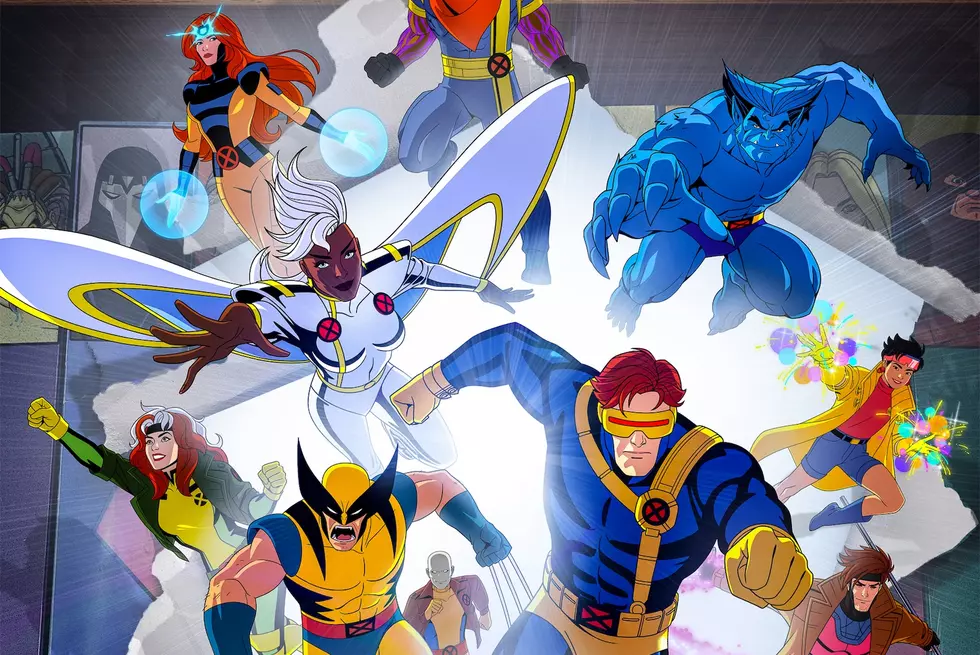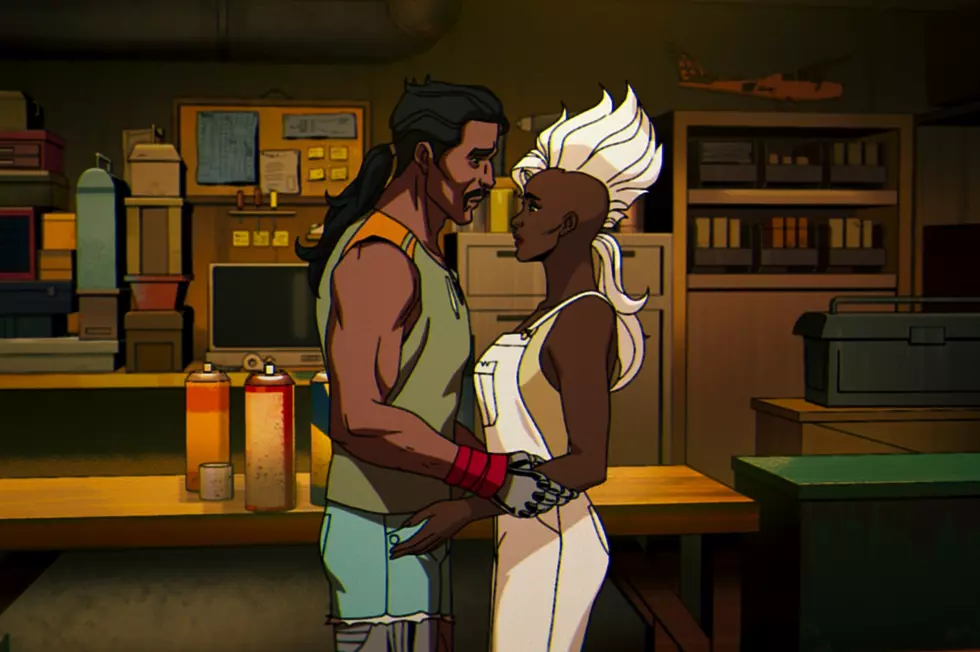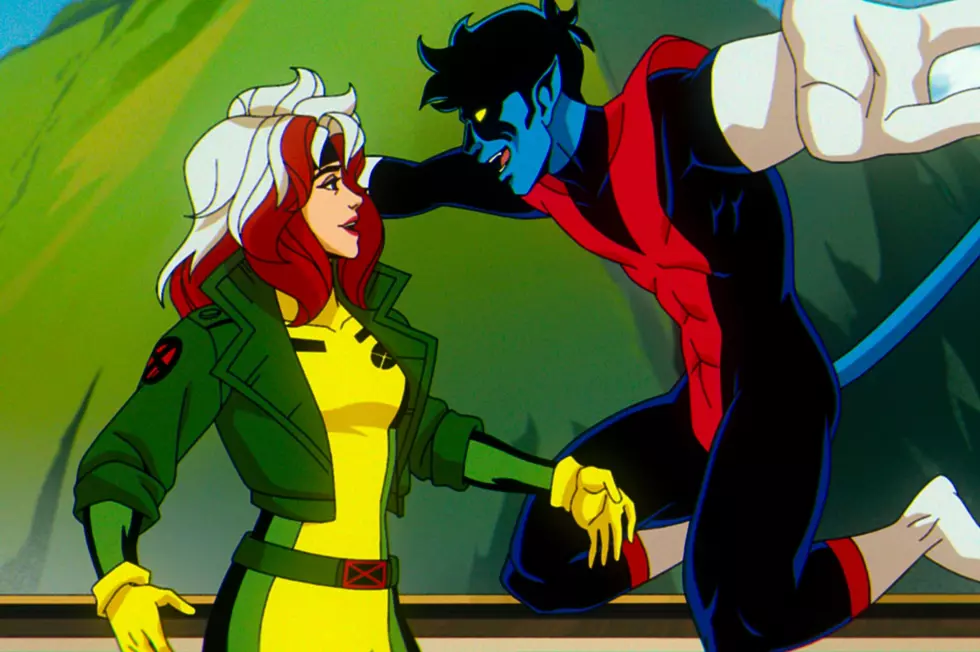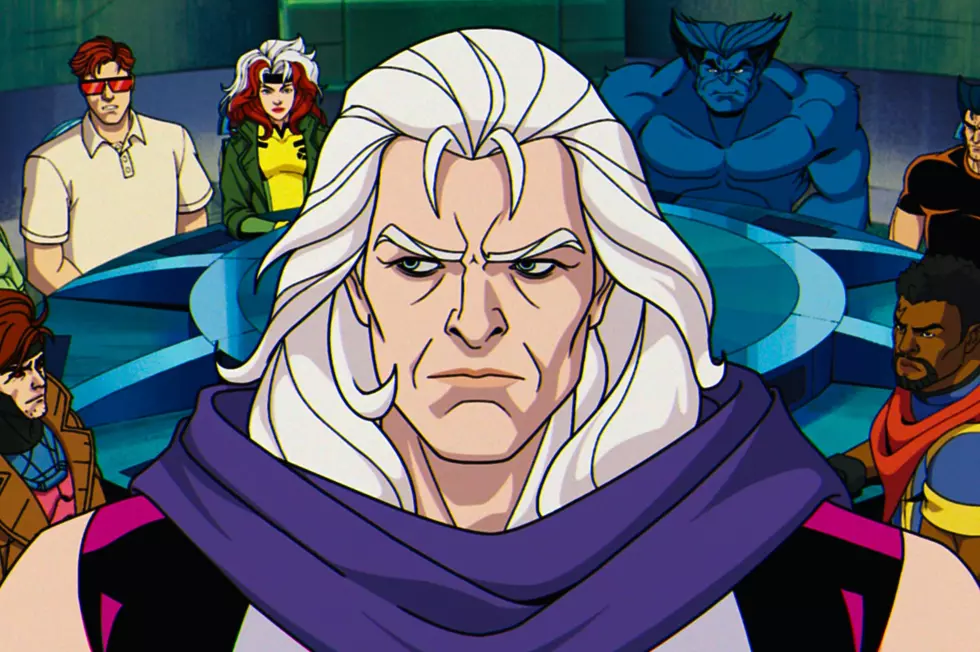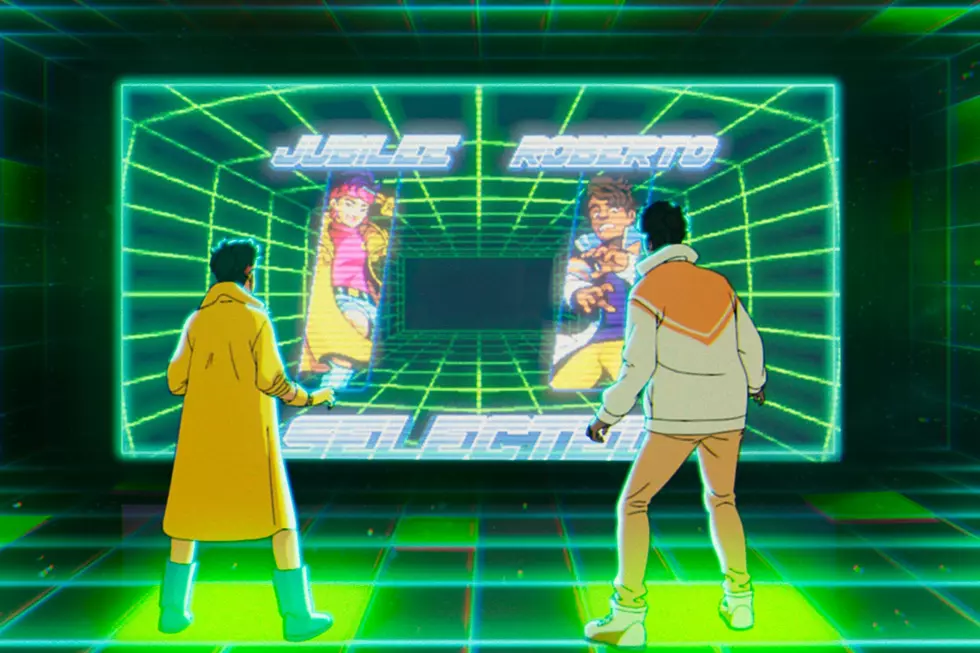
X-Men Writer Chris Claremont Thinks ‘Dark Phoenix’ Will Be the Comic-Book Movie World’s ‘Casino Royale’
After Stan Lee and Jack Kirby — or maybe even before them — there’s no one more responsible for the characters and stories featured in the X-Men movies than Chris Claremont. When Claremont took over the scripting duties on X-Men in the mid-’70s, the comic had just been revived from a five-year purgatory of reprints of old material. When Claremont finally stepped away from the series nearly two decades later, the X-Men had gone from one of Marvel’s most marginal properties to its most lucrative franchise, spawning spinoff books like Excalibur, Wolverine, and New Mutants.
A movie of that last one is due from Fox in early 2019, and the X-Men film series in general wouldn’t exist without Claremont’s contributions, both in terms of characters (he co-created Rogue, Mystique, and Kitty Pryde, just to name a few) or stories (his graphic novel God Loves, Man Kills inspired X2; his storyline Days of Future Past with artist John Byrne was adapted into the movie of the same name). Despite all that, Claremont is still largely unknown outside of comic book circles, something that could finally change with the release of Chris Claremont’s X-Men, a documentary about his life and career that puts the scope of his work in enlightening perspective.
A few weeks before the doc’s release, I spoke with Claremont over the phone about the film, the state of X-Men in both the comics and movie universes, and discovered the one book he created that he wishes had got more attention.
What made you say yes to a documentary about your life and career?
Oh, I don’t know ... writer’s ego? The joy of experimentation? No one had ever asked before? It sounded really cool? Basically, I suppose, the last one; it sounded really cool. What the heck!
You’ve returned occasionally, but your most famous run on the X-Men was that 17-year stretch from the mid-’70s through the early ’90s. After that, the comics continue in the hands of different creators, and they’re resolving your stories in ways you never intended, and changing the characters and the teams. Does that drive you crazy or do you have a zen attitude about it?
Probably six of one, half a dozen of the other. It’s a reality of the business. I basically took my zen from Stan [Lee], who hired me in the first place. If he could deal with it after working with Jack Kirby and Steve Ditko and creating the universe to begin with, then who am I to complain down the line?
Yes it’s frustrating, but on the other hand, I can look at Joss Whedon’s arc on X-Men, for example, and think “Wow, that’s really cool ... I did it first!” Probably much the same way he would look at anyone else stepping on his toes on Buffy.
I was born in 1980, and throughout my childhood, teenage years, right up into my 20s when I was working in a comic book store, X-Men was always the number one book in the industry. That doesn’t really seem to be the case these days. Do you have any theories why?
Do you really want the answer to that one?
Yeah!
Because I’m not writing it anymore!
[laughs]
I think there’s a yin and a yang to everything. If one were to go back to the ’50s, the most popular TV genre on the air in the United States were Westerns. You could go turn on ABC or CBS on any night and you’d almost have three full hours of everything from Bonanza to Rawhide to Wanted Dead or Alive. If you came back 20 years later, it would be nothing but lawyer shows or doctor shows. Now it’s superhero shows. Everything has cycles, everything has patterns.
The reason that other series at Marvel have risen to the top of the spectrum might have a lot to do with what’s happening in the outside world with films. On the other hand, that’s the yin and the yang of the business. Just because the tide has flowed out, as far as the X-Men are concerned, doesn’t mean it won’t flow back in again.
It’s all a matter of someone coming in with the right idea and the right way of presenting it, and sticking around long enough to see it through. One of the disadvantages in the modern storytelling universe is that talent doesn’t stay on projects for a long amount of time. You don’t have someone like me or Peter David, or even Brian [Michael Bendis] taking on Spider-Man for as long as he did. Those people don’t think like that now and so it’s very hard to build up that kind of momentum.
There’s an interesting story you tell in the documentary about a memo you wrote to Fox explaining why an X-Men movie would work, which helped rescue the movie from development hell. Did you ever work as a consultant in an official capacity on any of the X-Men movies after that?
No, but the whole structure of how Marvel relates to the film companies changed after that. I was hoping to [work on the movies] but within a year Marvel had changed hands completely and Bob Harris wasn’t editor-in-chief, I wasn’t associate editor. I had no place in-house, Avi Arad and Kevin Feige were running the film side of things, and then Avi moved on and Kevin took over. But the century is still young, things could happen.
Given the amount of X-Men product that is in the pipeline, given that Bill Sienkiewicz and I were given creator credits up front on Legion, and who knows what acknowledgement we’ll have in New Mutants, given the fact that Dark Phoenix launches in November, and Gambit is scheduled for next year, who knows? All things are possible, especially in the realm of superheroes.
You mentioned Dark Phoenix; this is now the second time they’ve tried to adapt that story as a movie [after 2006’s X-Men: The Last Stand].
It’s isn’t like they didn’t make more than one version of Casino Royale.
That’s true. The first one wasn’t a very faithful adaptation, though. I guess the second one wasn’t really either.
Well, I think that’s a perfectly accurate paradigm; the second Dark Phoenix will have as powerful an impact on the comic-book film world as the second Casino Royale had on the James Bond film world. I figure you could do a whole lot worse than that.
I hope you’re right.
[Dark Phoenix director] Simon Kinberg has his heart in the right place. He’s got the best ensemble cast of young faces I’ve seen in quite a while. My hope is it will give the Avengers a more than decent run for their money.
Just this month, Marvel Comics brought Jean Grey back for the umpteenth time. She’s a wonderful character, but do you think X-Men, or maybe comics in general, need to evolve? Are we too focused on the old characters and stories?
I don’t know; ask William Shakespeare. He’s pretty much in the same boat. A year can’t go by without new iterations of his plays. The Shakespeare festival here in New York is planning a production this summer that utilizes union actors and actors culled from amateur troupes from around the city. That’s the joy of creating in a known universe. I wouldn’t be surprised if 50 years from now if variations and iterations of Harry Potter were popping up.
The documentary is mostly focused on the X-Men and some of the classic stories you wrote. But you’ve written so many comics, I would love to know if you have one that isn’t among those most well-known stories — it doesn’t even have to be an X-Men story — that you always felt deserved wider recognition.
Oh golly. The Black Dragon is one. [Artist] John Bolton and I worked well together. It’s something I’ve always loved, something I wish had sold more. But that’s always the nature of writing, and always the nature of telling stories. By the time the story is finished you’re already thinking about the next one. What’s done is done. What excites me, what attracts me, what gets me up in the morning is telling the next story and getting it out in front of readers and hoping they’ll love it too.
Chris Claremont’s X-Men is now available on VOD.
Gallery - Marvel TV Series, Ranked:
More From ScreenCrush



